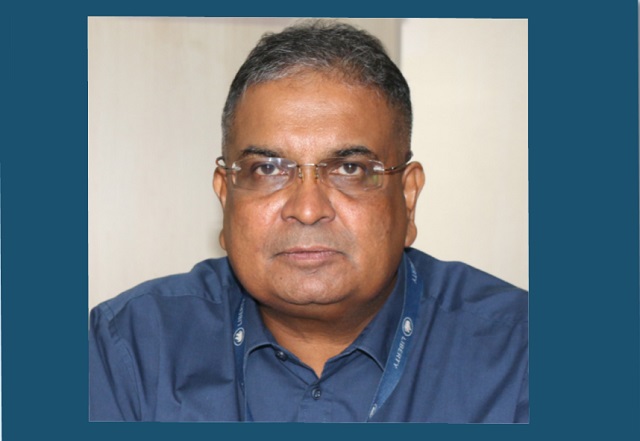
Joseph Almeida is the managing director for Liberty Life Assurance Uganda Limited. He spoke to The Independent’s Julius Businge about their business and sector issues.
What has been your contribution to Uganda’s economy since 2006?
We pay roughly over a billion shillings a year as tax to Uganda Revenue Authority. We have a staff contingent of 60 people. We underwrite premiums totaling to about Shs35bn a year. Liberty stands for delivering financial freedom to individuals and companies which is at the epitome of what we are trying to do. We are seen as a big corporate risk undertaker on both life and health.We are the biggest payer of life insurance claims in Uganda. We also try to make sure that people are compensated whenever they suffer a loss.
How does your new programme dubbed “Mind My Money financial literacy programme” feed into your business strategy?
This looks at issues like debt and credit facility management, risk protection, salary deductions and more. We are trying to educate people on being financially sound and safe. Mind My Money programme is encompassing our pillar of bringing financial freedom to individuals. We connect to our clients and non-clients online and discuss with them about financial matters. This programme fits in our strategy of bringing financial freedom.
Some experts in this area say that the insurance market of Uganda is saturated…how are you able to grow amidst tight competition?
With the advent of risk based supervision, most companies may be forced to actually merge because there will be some additional capital required. Mergers could come because some small companies may not be able to afford capital based on the type of business they underwrite and the type of risks they are covering. This is being experienced in Kenya.
Wouldn’t that distort the market?
No. It can help the market to grow. With mergers you get bigger. When you have bigger capital you can take on bigger risks as opposed to when you are smaller.
Where do you stand in terms of capital as Liberty?
The regulator did our assessment and showed that we are playing within the risk parameters of adequate capital. This is because we have been running on risk based capital internally for many years being a multi-national.
Why should one go for your products and not for any other player?
People trust our brand. From the past experience, people have realised that we pay claims. We do not have any complaints with the regulator on this. We also believe in not mis-selling. We train our financial advisors to explain well our products to our clients before they sign them on.
Apart from mis-selling, as a player, what other challenges have you noted that the insurance market in Uganda face?
We do not have adequate incentives of certain products and the tax regime is not entirely helpful in organising us to be able to sell effectively. In many markets, governments put tax incentives for companies to sell certain types of products because not only does government benefit from increased volumes of savings in terms of indirect taxes but does when companies grow and create jobs and other opportunities.
But insurance penetration remains a big headache in Uganda?
That is why our ‘Mind My Money’ initiative is such an important thing. We are now taking this to a different level by educating people on financial solutions so they take appropriate actions to protect themselves. One of the avenues for them to achieve that is buying insurance. That should increase penetration.
How is the Uganda Agricultural Insurance Scheme helping to cure the penetration headache?
This is helping in arranging adequate insurance cover for agriculture. The government is subsidising this segment and bringing down costs. As Liberty we do participate jointly with other insurance players in some covers that deal with agriculture. This too will increase penetration.
Some players still have reservations regarding separation of life and general insurance. What is your take?
It was a good move by the regulator, and it is what is happening worldwide. Each arm of insurance in the short and long term has its own capital requirement for the type of risks that are being held. Putting them together and holding them under one risk capital is dangerous.
How is your company benefiting from government’s appetite for investing in high profile development projects?
With increased infrastructure development like roads we realise that it is now easier for people to transport produce from farms or producing centres to markets. That is making traders think that there are risks involved in their trade which require insurance covers for staff, vehicles and other parties involved. Away from that, we have built capacity and are ready to work with the government to implement the planned National Health Insurance Scheme.
As a manager, how do you determine success for your staff?
Practical value added proposition for customers is what I look out for in my staff. Whenever they do not demonstrate that I demonstrate it to them.
What picture do you have in mind about Liberty in the next five years?
I want it to be a household name in Uganda. With ‘Mind My Money’ programme, I want people to know that they are safe and that Liberty has them covered in terms of financial freedom.
****
 The Independent Uganda: You get the Truth we Pay the Price
The Independent Uganda: You get the Truth we Pay the Price





